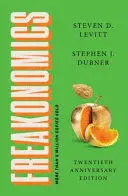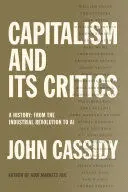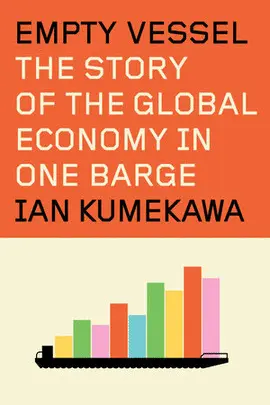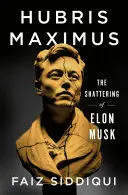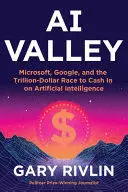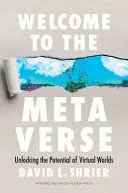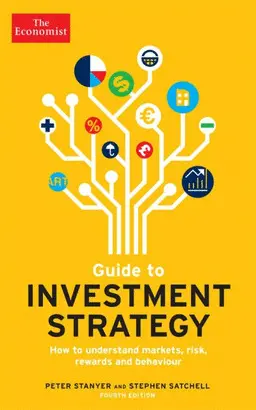The Economist Guide To Investment Strategy 4Th Edition
How To Understand Markets, Risk, Rewards And Behaviour
Peter Stanyer
The classic guide for the individual investor, The Economist Guide to Investment Strategy sets out the basic - and the not-so-basic - principles for putting your wealth to work. It looks at risk, pointing out the hazards for those who wish to explore a variety of investment approaches. It also teaches the importance of sophisticated self-knowledge in finance, distilling insight...
Sinopsis
The classic guide for the individual investor, The Economist Guide to Investment Strategy sets out the basic - and the not-so-basic - principles for putting your wealth to work. It looks at risk, pointing out the hazards for those who wish to explore a variety of investment approaches. It also teaches the importance of sophisticated self-knowledge in finance, distilling insights from behavioural analysis as well as the principles of traditional finance. It highlights how habitual patterns of decision-making can lead any of us into costly mistakes, and it stresses how markets are most dangerous when they appear to be most rewarding.
This fourth edition includes new material on private investment and non-standard asset classes - art, wine, collectibles and the like - helping readers to navigate those areas in which prudence meets passion.
Comentarios
Sé el primero en comentar este libroArtículos relacionados
